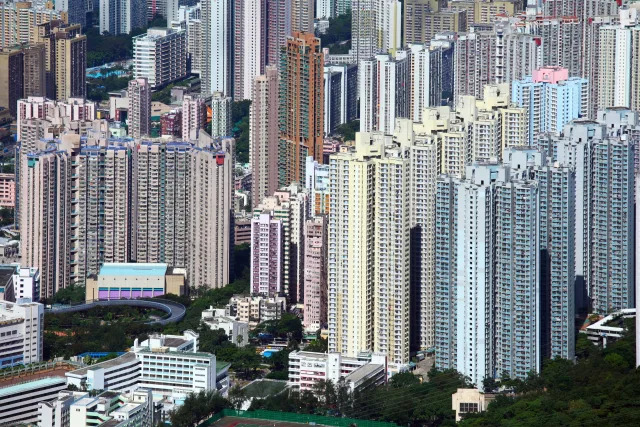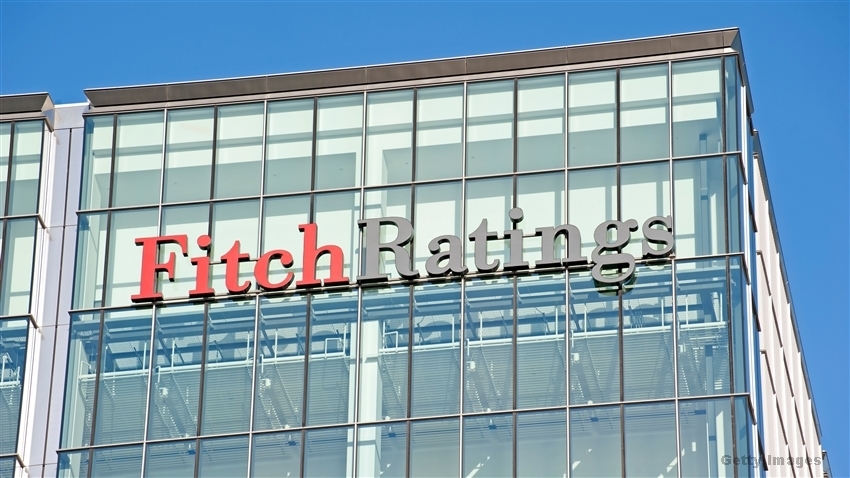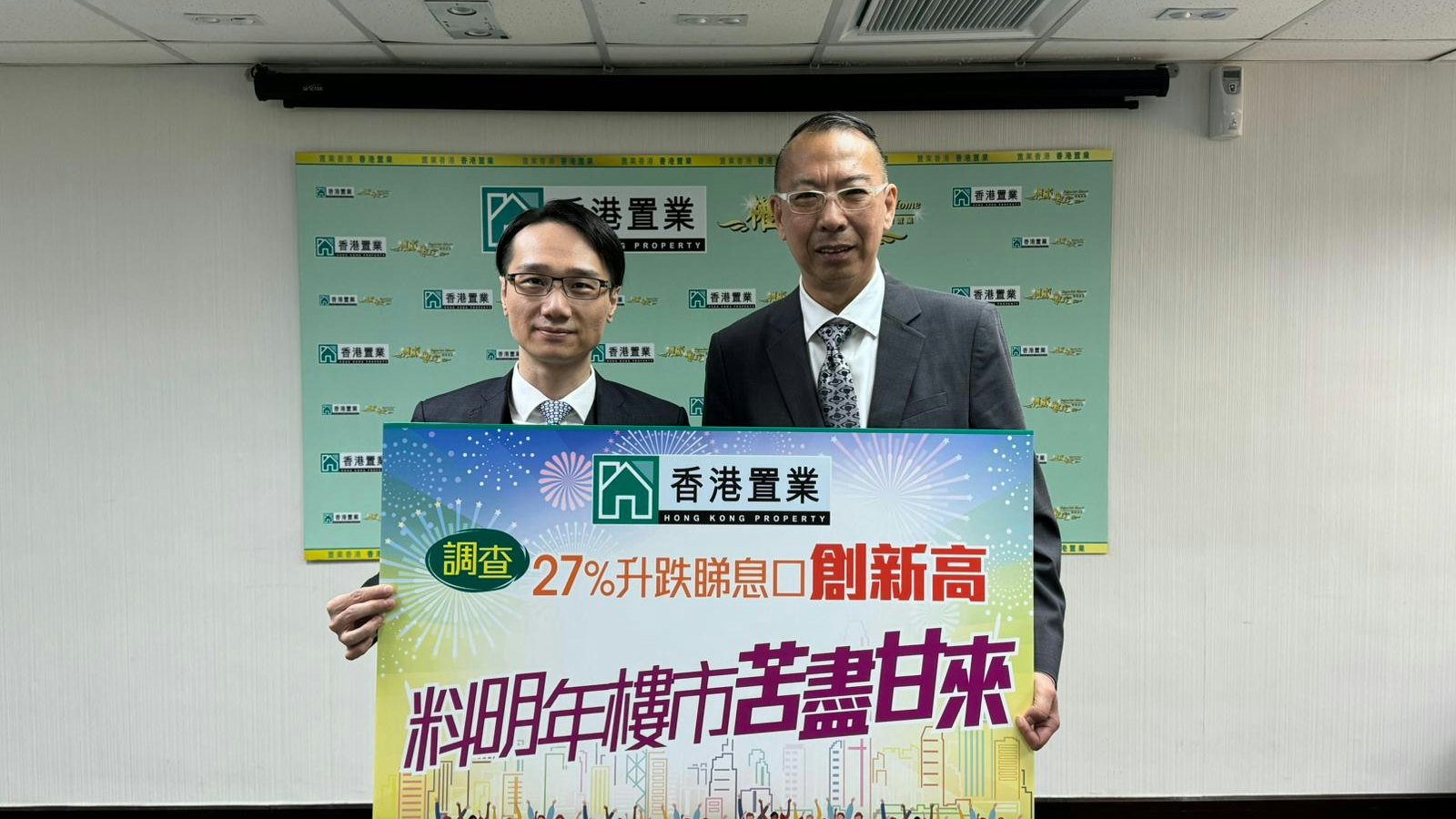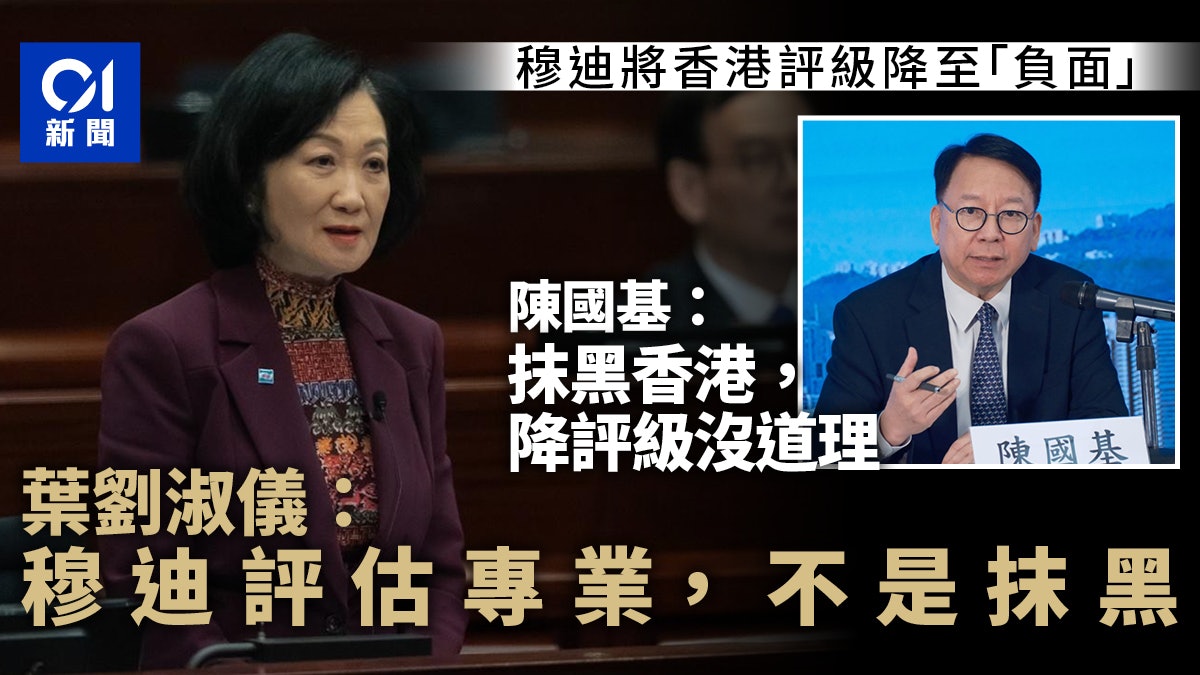US reducing reliance on China ‘forces Hong Kong exporters to sever some ties’
- Hong Kong firms in Vietnam say US asking them to register their company in Singapore, and nominate representative from city state
- But some brush off such requests, as well as demands to cut use of raw materials from mainland China, saying impact of decoupling still limited
scmp Published:
A push by the US to drastically reduce its reliance on mainland China has forced Hong Kong exporters to sever some ties at home and over the border, with firms also cutting down on imports of raw materials due to threats of boycotts, industry leaders have told the Post.
But a shippers’ organisation said moves to diversify away from the country would not be easy, as it was an integral part of the global supply chain and difficult to replace. Amid the disruption, manufacturers and brands both locally and abroad said they had to face new business realities, some of which required overhauling operations.
Dennis Ng Kwok-on, vice-president of the Chinese Manufacturers’ Association of Hong Kong, told the Post that the United States had started to ask local exporters who recently moved operations to Vietnam to register their companies in Singapore, and designate a representative from the city state.

“There are some unwritten rules for the companies which newly set up shop in Vietnam – they are not allowed to register their operation in Hong Kong or mainland China,” he said in an interview last week. “They must do it in Singapore with a Singaporean designated representative.
“If these new entrants register their firms on the mainland or in Hong Kong, they will not get any orders from the US and will be totally boycotted.”
Foreign investment has poured into Vietnam in recent years.
After enduring three years of strict Covid-19 restrictions, mainland and Hong Kong companies have been among those setting up operations in the southeast Asian country, including Growatt, a Shenzhen-based power storage firm, and Hangzhou First Applied Material, a solar panel component maker.

But US buyers had reduced orders by 60 per cent in Vietnam in the face of economic belt-tightening, high inflation and high interest rates in the country, Ng said.
The pullback comes as Hong Kong’s exports suffered 17 consecutive months of decline up to September, with an 11 per cent contraction recorded during the first 10 months of the year compared with the same period in 2022.
The gloomy streak was finally broken in October, when exports grew by 1.4 per cent compared with the same month last year. Before that, exports last recorded year-on-year growth in April 2022.
But authorities have warned that challenges will persist amid heightened geopolitical tensions.
The export figures cast a shadow over Hong Kong’s gross domestic product, which the government estimated would grow by 3.2 per cent this year compared with 2022, missing its earlier forecast of 4 to 5 per cent.
















